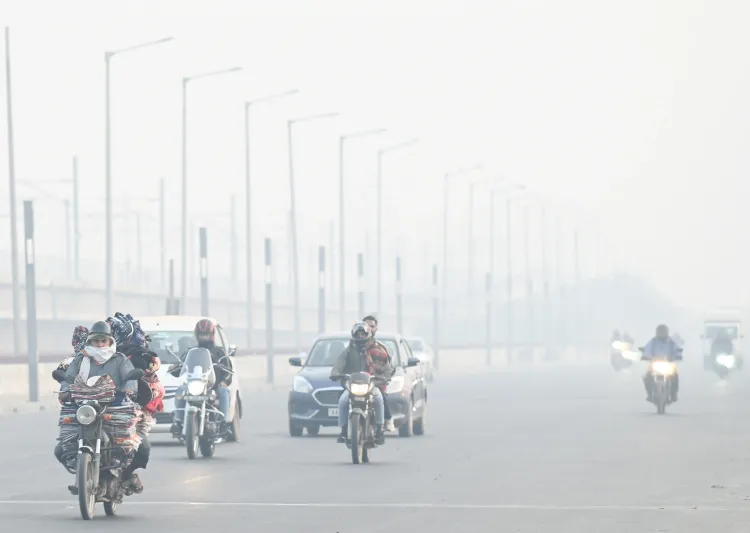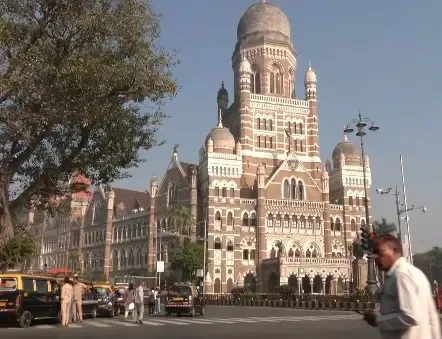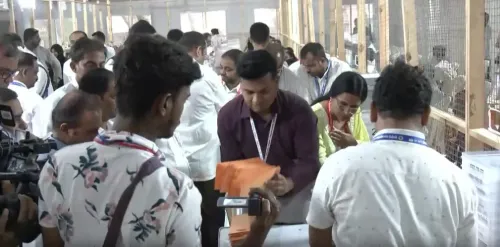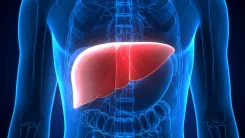What Major Steps is the Yogi Government Taking to Combat Air Pollution in NCR-UP?

Synopsis
Key Takeaways
- Comprehensive action plan launched to combat air pollution in NCR-UP.
- Road dust identified as the leading cause of pollution.
- Strict bans on diesel auto-rickshaws to reduce emissions.
- Project Monitoring Unit established for effective implementation.
- Health risks highlighted for vulnerable groups.
Lucknow, Nov 22 (NationPress) The government led by Yogi Adityanath has introduced an extensive action plan aimed at addressing the escalating air pollution in the Uttar Pradesh segment of the National Capital Region (NCR).
This plan, finalized under the guidance of the Chief Secretary, has pinpointed road dust as the primary source of pollution and sets forth targeted strategies to alleviate it.
Key initiatives include the redevelopment of roads, dust suppression efforts, and enhanced cleanliness in urban locales.
The state has designated the Principal Secretary of the Environment, Forest, and Climate Change Department as the campaign's nodal officer.
A Project Monitoring Unit (PMU), led by the Secretary of the department, has been established to ensure effective execution.
Senior officials from various departments such as Urban Development, PWD, Housing and Urban Planning, as well as Industrial and Infrastructure Development, are integrated into the PMU.
In Noida and Greater Noida, authorities have already initiated the use of anti-smog guns, water sprinklers, and mechanical sweepers to manage road dust.
Officials believe these actions will provide substantial relief to residents in the NCR-UP area.
To further diminish vehicular emissions, district administrations are enforcing strict bans on diesel auto-rickshaws through the Transport Department.
Diesel autos will face a complete prohibition in Gautam Buddh Nagar and Ghaziabad, while a similar ban will be implemented in Baghpat by December 31 this year. In Meerut, Hapur, Bulandshahr, Muzaffarnagar, and Shamli, the phase-out of diesel autos will occur by December 31, 2026.
The Meerut Regional Transport Authority has also ceased the issuance and renewal of permits for these vehicles.
This action plan has been introduced against the backdrop of another concerning increase in air pollution levels observed in Delhi-NCR as of Saturday.
According to AQI data, numerous monitoring stations in Delhi reported readings ranging from 300 to 430, with pollution levels in Noida and Ghaziabad surpassing even higher limits.
Several regions, including Loni in Ghaziabad, recorded AQI levels exceeding 450, leading to widespread complaints of respiratory issues and eye irritation.
Experts caution that prolonged exposure to such hazardous air can result in asthma, chronic lung diseases, heart complications, and severe health threats, especially for children and the elderly.










